Last week a class action lawsuit was filed in California against Ainsworth Pet Nutrition, the owners of Rachael Ray™ Nutrish® dog food products for, among other claims, negligent misrepresentation and violations of California’s false advertising law and Consumer Legal Remedies Act.
According to the complaint, the defendants engaged in deceptive labeling practices by marketing the food as “natural” and containing “no artificial preservatives.” The ingredients at the center of the lawsuit are synthetic versions of vitamins B, C and K, as well as caramel color. Although not proven to be harmful, and present in animal and human foods, the ingredients are technically not “natural.”
The FDA regulates animal feed, including dog food. Although it has not defined the term “natural,” in human food labeling, the FDA considers “‘natural’ to mean that nothing artificial or synthetic (including all color additives regardless of source)” has been included or added to a food that “would not normally be expected to be in that food.” Further, according to an FTC publication, if companies market their products as “all natural” or “100% natural,” consumers have a right to believe they do not contain any artificial ingredients.
There has been much litigation in the last few years regarding use of the word “natural;” so much so that at the end of 2015, the FDA put out a call for comments on how to define the term. It received over 7000 responses! This probe by the FDA has had the effect of halting some, but not all, litigation. In fact, the judge presiding over a California class action lawsuit against Kraft Foods for using the term “natural cheese” to describe cheese containing artificial coloring, stated that FDA standards were not determinative of whether Kraft violated the relevant California laws; but rather, the issue is whether a reasonable consumer is likely to be deceived by the product’s packaging. The case is still pending.
These “natural” cases will be interesting to track, and it is not far-fetched to believe that if a definition is established by the FDA, the FTC and FDA may start barking up the trees of other companies engaged in similarly deceptive or misleading labeling practices.
Stay out of the dog house and treat yourself to a consultation with an attorney regarding product packaging.


